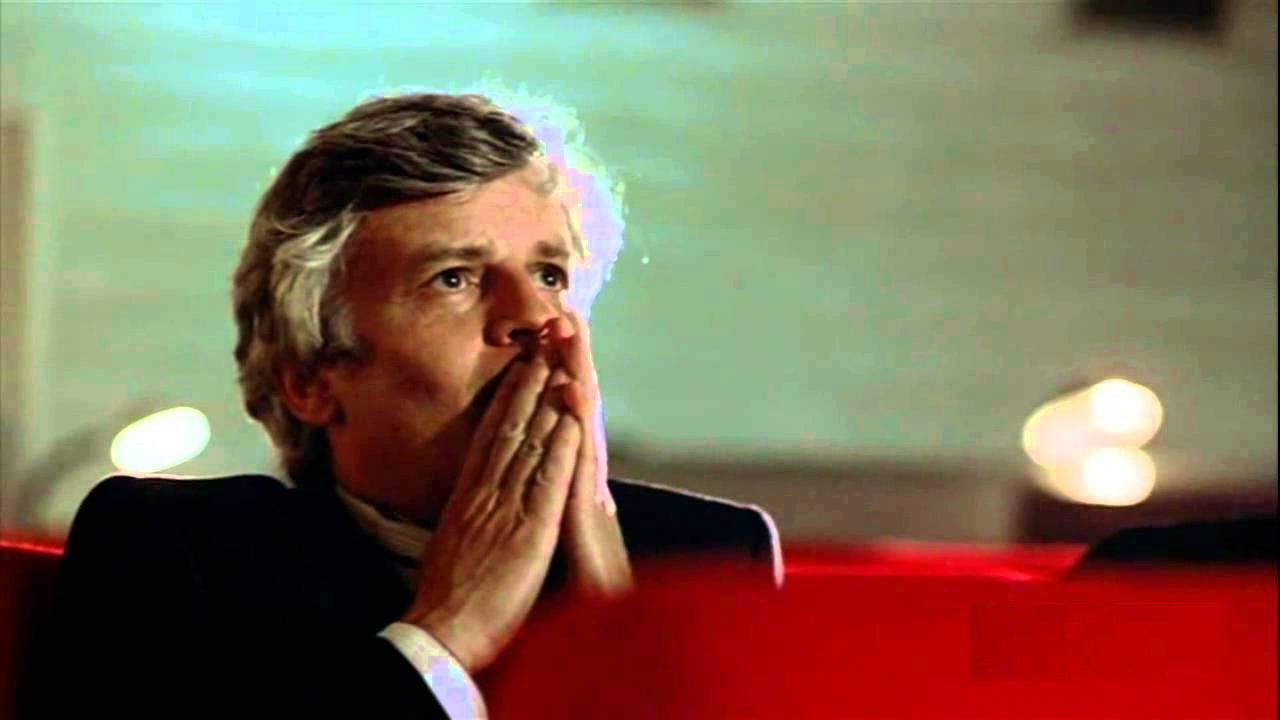
Movie endings are like the last sentence of a novel; it’s responsible for leaving a lasting impression on the viewer, regardless of whether it’s shocking, disturbing, depressing, or happy.
However, there is one kind of movie ending that always stays with us long after watching the film, and that’s the ending that moves us into tears.
When we watch these kinds of films, usually our emotions accumulate and it reaches a boiling point when the film reaches its closure. Even the subtlest moving moment could bring out our tears and immerse us in an emotional state for days. That’s the power and magic of cinema. Without further ado, let’s take a look at our picks for the 15 most emotionally moving endings in cinema history.
15. Dead Poets Society (1989, Peter Weir)
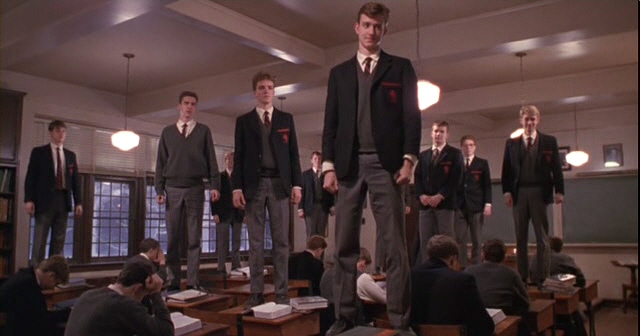
In one of his most iconic roles, the late Robin Williams plays John Keating, an idealistic teacher who inspires his students through his teaching of poetry. He encourages his students to “make your lives extraordinary,” a sentiment he summarizes with the Latin expression carpe diem (“seize the day”).
The students find the meaning of life through poetry, but a tragedy forces Keating to leave the school. As he departs, the formerly shy Todd stands on the desk and salutes Keating with the words “O Captain! My Captain!”, and we see half of the students do the same thing, one by one. Keating realizes his education has had a last impact on his students and leaves with smile on his face. How we wish we had a teacher like this.
14. Three Colors: Blue (1993, Krzysztof Kieślowski)
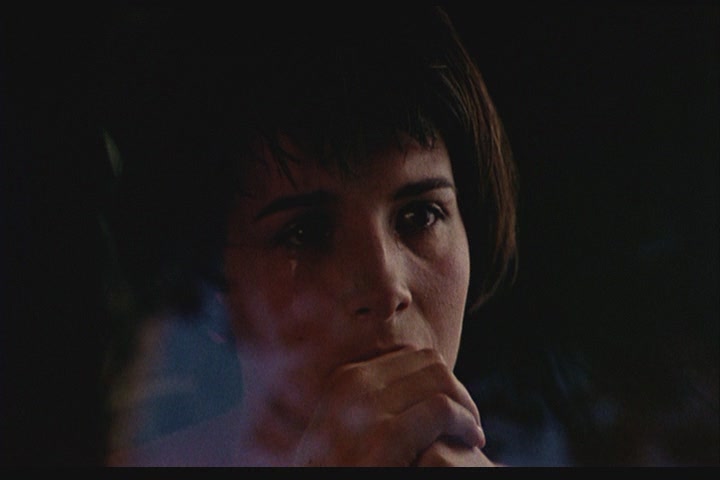
This is a story of a woman’s resilience after losing her beloved husband and daughter in a car accident. She tried to get away from everything related to her former life to escape the pain, but things keep pulling her back to it.
The film ends with the camera slowly panning through all the people Julie encountered in the movie, with the completed music piece played in the background. We see the final image of Julie, crying, a single tear falling from her eyes.
13. Paths of Glory (1957, Stanley Kubrick)
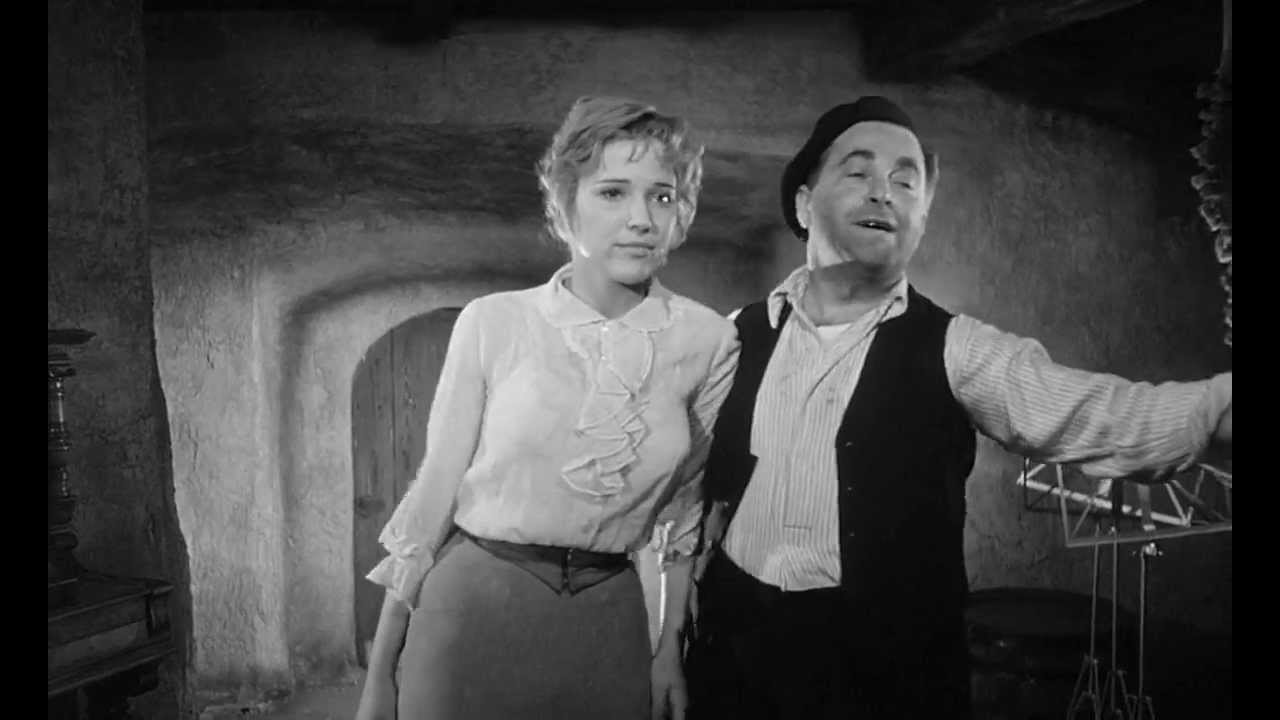
It’s hard to connect the word “moving” to Stanley Kubrick, but if you are a big fan of his work, you actually can find one moving scene in Kubrick’s otherwise “cold” filmography.
It’s at the end of his early World War I film “Paths of Glory”, after three soldiers were wrongly court-martialed and executed for their cowardice during an operation. The rest of the Army is having a party at an inn.
Then we hear this beautiful and sad folk song sang by a captive German girl (played by Christiane Harlan who would become Kubrick’s wife), and the whole atmosphere suddenly changes. They don’t know that they will soon return to the front again, and they don’t know if they have the same fate as the three dead soldiers. We never know the answer, because this is war.
12. The Leopard (1963, Luchino Visconti)
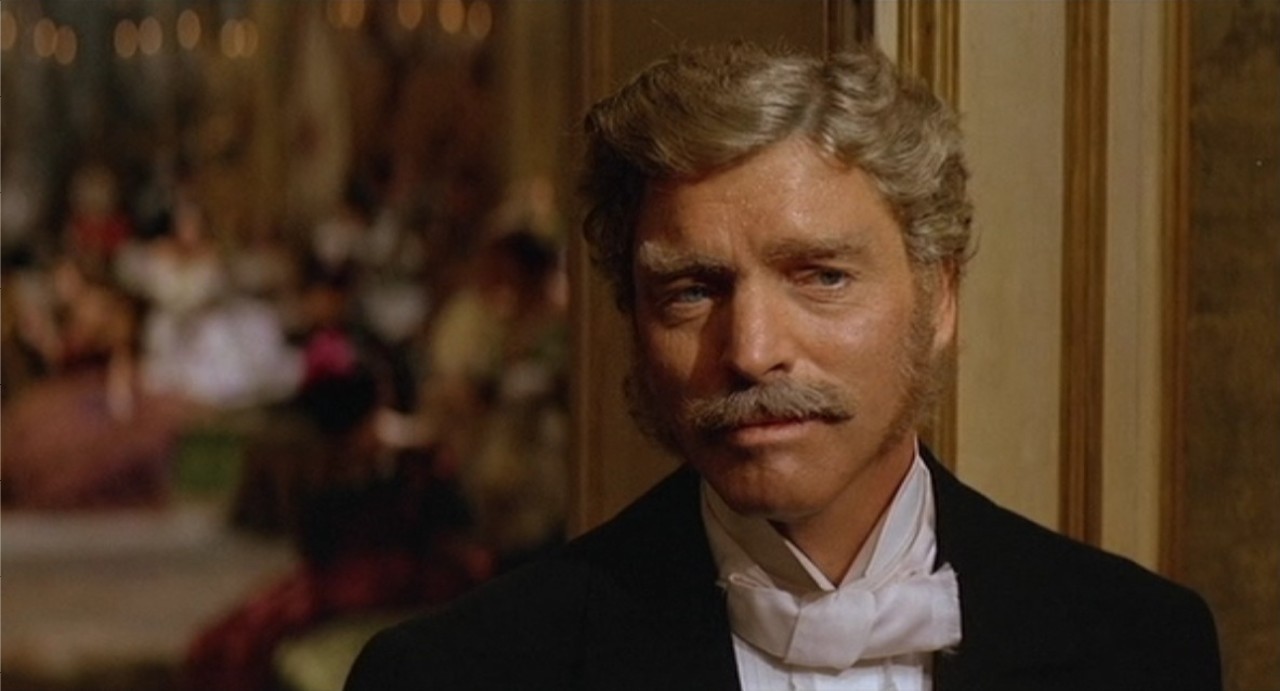
This Palme d’Or winning film is, in a way, director Luchino Visconti’s autobiographical film. He was born into a prominent noble family in Milan and was formally known as Count don Luchino Visconti di Modrone, and his family is a branch of the House of Visconti. The film is about the shift of power between old and new Italy.
In the big climactic ball scene, Prince Salina despised the new social class and found his old time glory once again by dancing with his daughter. After that, he looks into the mirror and can’t help shedding tears, as his time is gone and the new Italy is one he will never inhabit.
11. Au hasard Balthazar (1966, Robert Bresson)
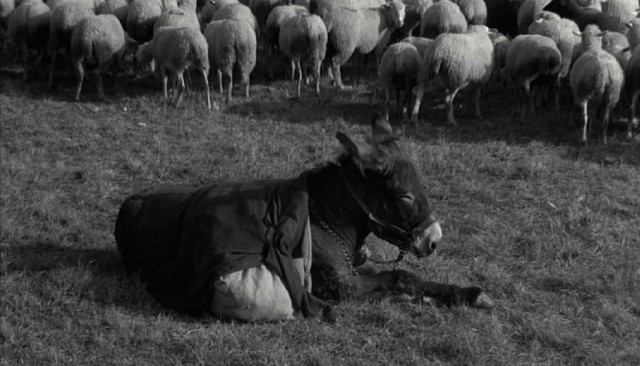
For anyone who hasn’t seen the film, it would be hard to imagine that you could cry for a donkey. Robert Bresson did this in the most Bressonian way.
The film is about the miserable life of a donkey on the surface, but it’s also about a saint, or Jesus Christ. The last scene of the film is one of the holiest moment in cinema history; we see the old Balthazar dying among a group of sheep, as we sympathize with it and hate ourselves at the same time.
10. The 400 Blows (1959, Francois Truffaut)
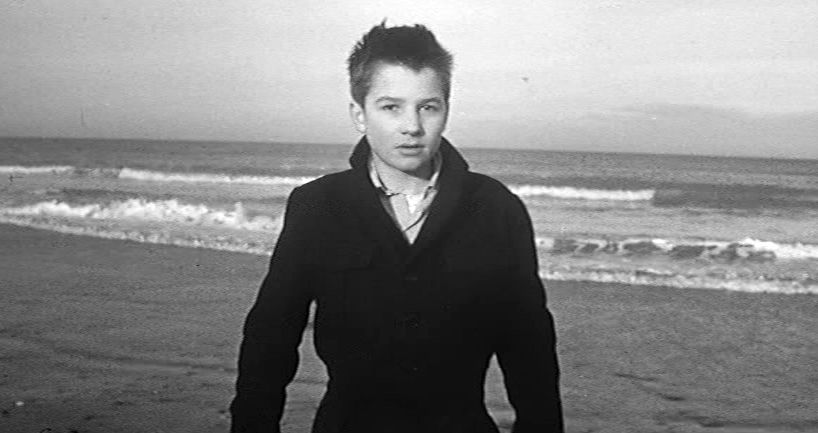
Probably one of the greatest coming-of-age tales ever told on the silver screen, Francois Truffaut’s French New Wave classic is also a story of his own. He was passed around to live with various nannies and his grandmother for a number of years during his childhood, and then he fell in love with cinema and spent most of his time in movie theaters.
We find the film relatable because we have also experienced an age of confusion and rebellion. The film ends with a long take of Antoine running toward the sea, as the frame suddenly freezes as he moves toward the camera and stares into it. We are moved because we all find Antoine in us.
9. Oldboy (2003, Park Chan-wook)
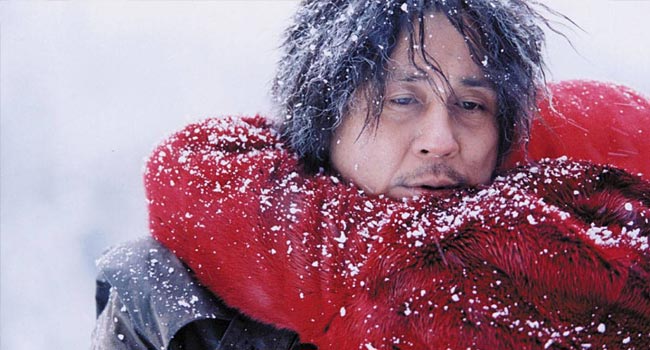
What’s so interesting about this modern South Korean masterpiece is that the one who looks for vengeance is actually the one being revenged upon, and he didn’t even know it. Certainly, the big plot twist toward the end made viewers’ jaws drop, but it was the beautiful ending that really closed this film in a perfect way.
After learning the secret that has both shocked him and us throughout the film, Oh Dae-su found the hypnotist who hypnotized him before and asked her to do it again. This time he wanted to forget the truth and continue his romance with the female sushi chef. They embrace once again in big snowstorm, with “The Last Waltz” playing on the soundtrack, it’s a beautiful and moving moment.